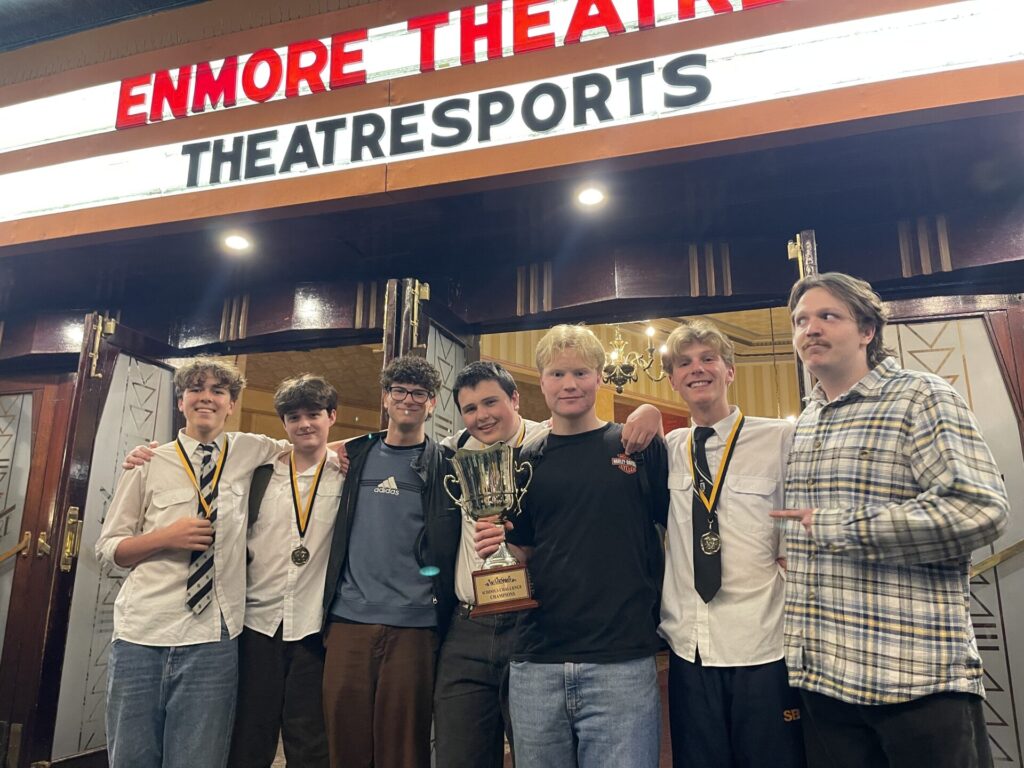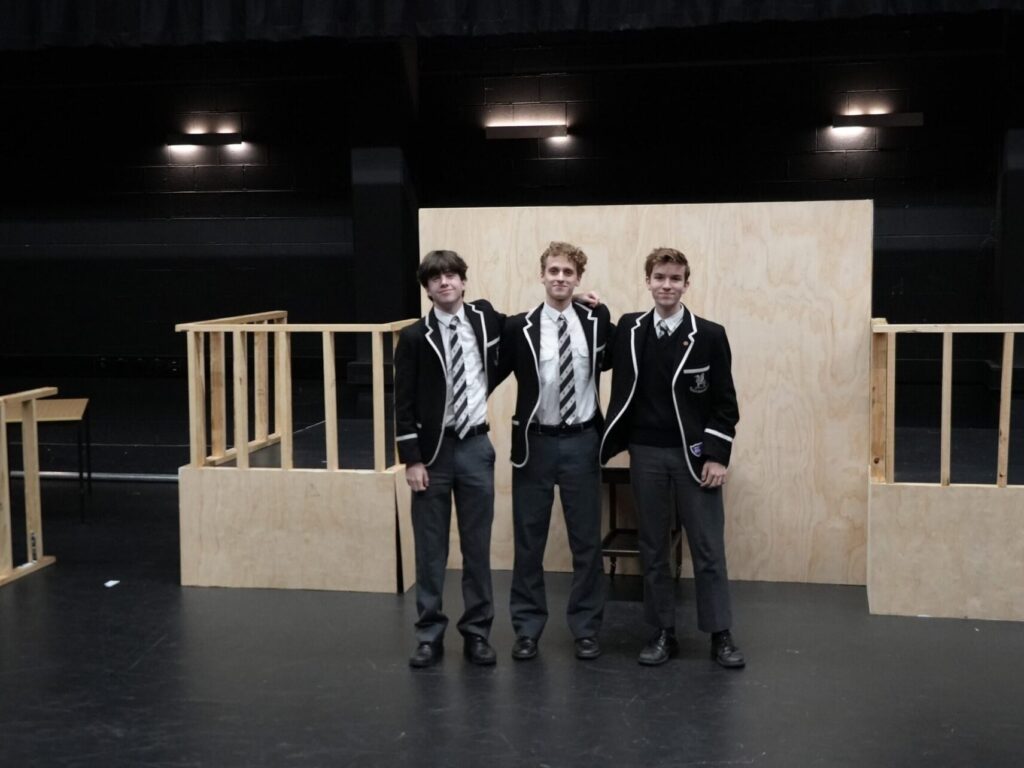One World, One Talk – WONTOK Conference 2016
WONTOK. While it may at first appear to be an acronym, is indeed the Pidgin word for ‘One Talk’, and can also refer to a kind of family gathering. On Friday 29 May, twelve Year 11 student representatives joined some of our fellow Uniting Church in Australia affiliated schools – Knox Grammar, Pymble Ladies College and Ravenswood School for Girls – as well as students from some Anglican schools to discuss issues of global significance at the annual ‘One World WONTOK – Poverty and Development Youth Conference’. The focus of the conference, which was held at Ravenswood School, centred around gender equality, climate change, and poverty.
Throughout the day we participated in a variety of activities, which were engaging and helped us look at some of the global topics in a different way. For example, we read scripts in which some of us assumed the position of a disadvantaged African woman. Speaking in first person helped build a sense of empathy within each of us, enabling us to capture the essence of gender inequality. Another activity involved one group throwing balls and the other trying to catch them with our arms crossed. This simulated the experiences of climate change refugees who suffer the consequences of another countries’ carbon emissions and are struggling to cope with climate change.
One other activity was a game of Top Trumps in which each card was a different country with statistics, varying from population density to births per thousand women aged 15-19. This game made us aware of the disparities between some countries. Australia has a population density of three people per square kilometre, while Bangladesh has twelve hundred people per square kilometre. Some African countries also have birth rates (per thousand women aged 15-19) in the hundreds. Many of these statistics were alarming to us.
The conference was a far cry from a day of monotonous lectures, but instead included hands-on activities which were engaging, eye-opening and challenging! Indeed, we covered a lot of information about the most pressing issues in the world. It does not do the conference justice to simply talk about what we did, but rather to cover what we learned from it. On the issue of poverty, we were shown eye-opening information about the errors in our thinking. The most common misconception citizens from developed countries have about poverty is the sense that it can be solved by shipping canned food overseas, or by dropping spare change in the nearest collection box. Throwing money at a problem is simply ineffective. Sending food to the hungry or adopting a malnourished child doesn’t eliminate the source of poverty but is merely putting a bandage on the raging rapids of the symptoms of poverty. It is much better to ‘kickstart’ small sources of income in an impoverished town so that the populace is able to sustainably find their own way out of poverty. Rather than a town having a dependence on the aid of others, it can start sustaining itself. This is just one example of the countless nuances involved in effective foreign aid.
Additionally, we learned not to be deceived by statistics. Countries like Iraq may have a Parliament made up of 25% women, but this cannot mask the terrible injustices associated with gender inequality more generally in the country. On the other hand, Tonga has no women in its Parliament, but this statistic only takes into account the King as the monarch, as there are women represented in the legislative assembly, and as a general rule, women are treated with respect in Tonga. This demonstrates that statistics don’t necessarily give us an exact picture of what are the main issues of concern within various countries.
Finally, climate change. It is an issue that Australians hate to talk about, but that is all the more reason to talk about it. We all know what it does and what we’re doing to cause it. And yet, because we do not see the immediate effects of it, we continue to pollute the environment for our children to take care of. After all, rising sea levels barely affect Australia. But what we don’t see are climate refugees. Small, close-knit communities in the Polynesian islands, who are the least responsible for climate change and pollution, are forced to flee their homes because of these rising sea levels. We were enlightened by Reverend James from Fiji, who shared with us how cyclone Winston, the most powerful cyclone ever recorded in the Southern Hemisphere, devastated his country. Climate change has caused millions of Pacific Islanders to leave their homes because they’re being flooded. Ultimately, why should Fijian children pay for the environmental crimes we commit?
The WONTOK conference was truly an eye-opening experience that enriched not only our understanding of global issues, but has challenged us to engage in working towards a solution. It has forced each of us to consider the global impact of our actions, alerting us to the universality of inequality that permeates within every society, including our own. It has made us realise that we are global citizens in every way, forcing us to question how we can possibly experience a better future without change, where each of us are responsible for working together to create this change.
Fin Casey (11/KL) and Richard Zhang (11/LE)



